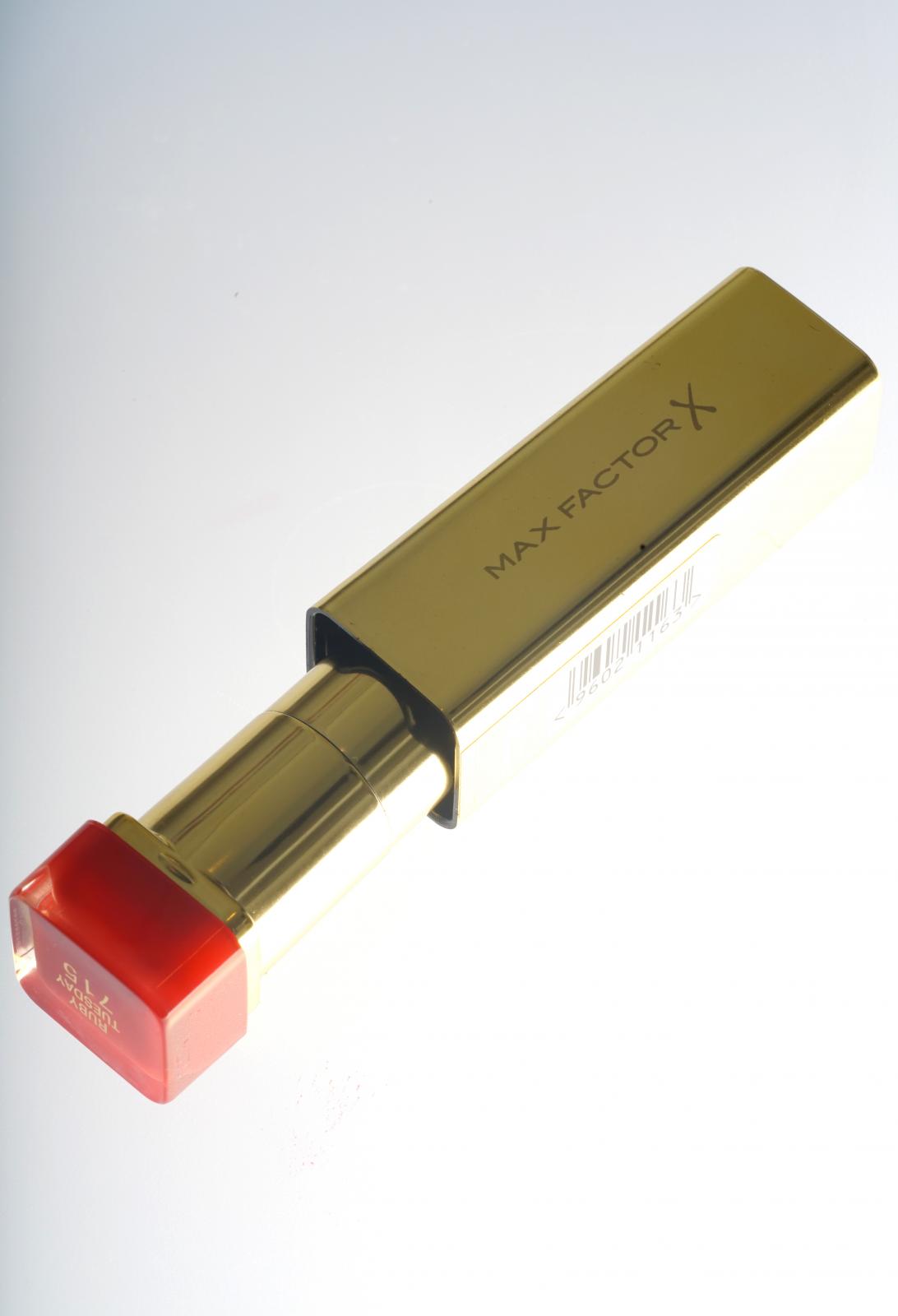
I am currently living and working in the U.K. on an art residency at Wysing Arts Centre. Here are some upcoming solo and collaborative events in Cambridge, Nottingham, and London between now and January 2018.
29 Nov 2017
Visiting Artist Lecture
Fine Art Research Unit Talks
Anglia Ruskin University
Maryam Monalisa Gharavi is a visual artist, writer, and theorist whose work explores the interplay between aesthetic and political valences in the public domain.
She holds a Ph.D. in Comparative Literature and Film and Visual Studies from Harvard University and an M.F.A. in Film/Video from Milton Avery Graduate School of the Arts at Bard College. She is currently an artist-in-residence at Wysing Arts Centre.
Gharavi's current work is invested in the live film, or uses of "liveness" in film, video, and performance that activate through restaging, reenactment, remaking, or other transformational strategies. Is the face a part of the body? How is it instrumentalized in ways of knowing - through normative social codes, quantifiable algorithms, and even love? The encoded values of the human face - especially the sight of the covered face and the suspicions it triggers - make up the latest iteration of the artist's concern with the tracing of care.
1 December 2017
Closed Study Day / Workshop
Iniva, Stuart Hall Library
Curated by Annie Jael Kwan
An exploration of how women of colour work with archives and performance, in particular the invisible or suppressed diaspora narratives that complicate the larger frame of ‘Asia.’ While the field of female artists working with archives and performance itself is still fairly niche, the available materials that directly deal with Asian female artists working in these strands are even more limited. The session brings together a group of artists with this practice, all broadly complicated notions of "Asian" and 'culturally marginal,' and through a private sharing of their projects, sparks reflections that would help navigate these artists’ practices and extricate any overlaps in methodologies or approaches that could help build a critical and curatorial framework for thinking through Asian women’s practices with archives and performance.
2 December 2017
Residency Event
Wysing Arts Centre
Curated by Lotte Juul Petersen
Maryam Monalisa Gharavi will present the work Eva's Face (video installation, 2017) that explores one woman's experience with facial paralysis. The work exists in a larger constellation of Gharavi's recent film works concerning the instrumentalisation of the face in ways of knowing, corporeal encounters between self and other, and ultimately, the limits and freedoms of embodied personhood.
15 December 2017
I Can Hear the Barbarians, performance
Nottingham Contemporary
Curated by Carolina Rito
The most critically acclaimed volume of poetry by Syrian-Brazilian poet Waly Salomão (1943-2003), Algaravias: Echo Chamber takes its title from an entangled history, referenced in an etymological epigraph: “From al-garb, the West; that language of the Arabs considered corrupted, little understood by the Spanish. Also a name of a plant, given that name for the messiness of its branches.” Its ruminations on passage, self-placement, virtual geography, human-electronic interaction, poetic consciousness, and mortality are inflected by Salomão’s dual heritage; they also confront the isolating nature of the dictatorship he lived through as well as the aggressively optimistic discourse of post-dictatorship “modernization” efforts: the torrential influx of mass media and multinational corporations, and the sterile, touristic, and militarized landscapes of modern space and spectacle.
In a dynamic reading-performance incorporating simultaneous translation in Portuguese, Spanish, Arabic, and English, Maryam Monalisa Gharavi is colaborating with local performers to bring the “messy” branches of this landscape to live effect.
13 January 2018
Mutual Recognition System (Concerning Max Factor), durational performance
Nottingham Contemporary
Curated by Carolina Rito
“In Monalisa Gharavi’s videos, expressivity is emphasized by absence: covered faces result in a fixation on charismatic hands; the black void surrounding two pairs of lipsticked lips leads us to focus on them all the more. The lips kiss each other over and over, lipstick smearing into skin. Each time the lips come together, the kiss mark shifts with spears of red spreading further from the mouth. Lipstick is reapplied and the kissing begins again. The enacted repetition motions towards the expression of car this waged labor reroutes: the work of caring is never done; the feminized subjects who often perform this work find themselves doing it over and over. We encountered the intersection of waged work and caring labor, twinned history tearing at what is to come.”
—Clara Lou, “Big Square, Small Circle,” Intimate Zoo exhibition publication, 2017In the 1930s, Max Factor, Jr. (heir to his father’s cosmetics empire) experimented with a new lipstick invention called Tru-Colors. He hired female workers at his New York manufacturing plant to test the indelibility of his new reds through repetitive mouth-to-mouth kissing. When the workers went on mass strike and walked off the job, Factor created an animatronics “kissing machine” to automate his experiments. Mutual Recognition System (Concerning Max Factor) is a live durational performance that enacts this historical paradox: robotic human labor emptied of its affective nature, and consequent anthropomorphizing machine automation that takes on the ‘soft’ labor of the human kiss. The work’s title plays on the paradox of Facial Recognition Systems (FRS) whose microsurveillance technologies pervade contemporary societies, from mobile phone cameras to big-store coupon stands. The work exists in another iteration as a live film in HD video. For this work, the actors (dressed in custom-made Zentai hooded black suits) and I rehearsed and conceptualized choreography for the work. The video was filmed with a Chroma-cast filter that allowed for keying out the performers’ black suits, resulting in the appearance of a black void.